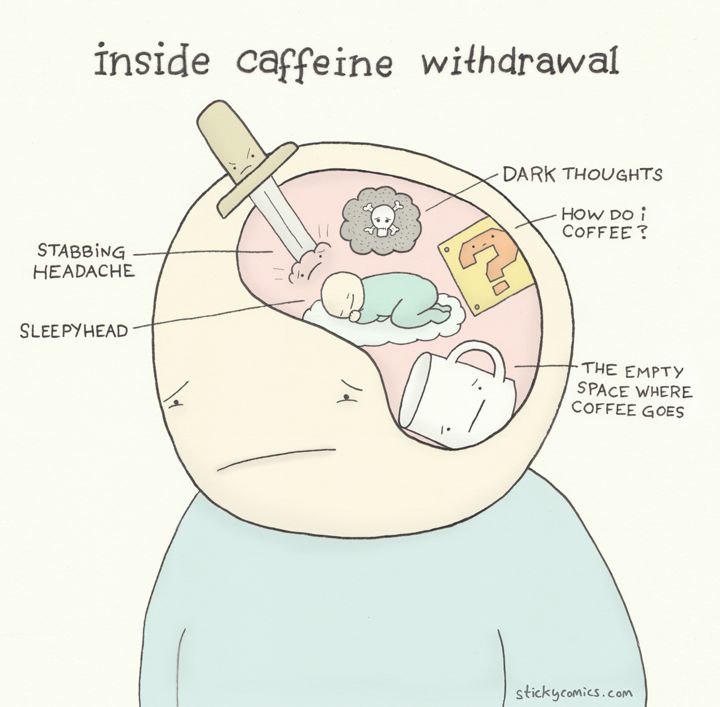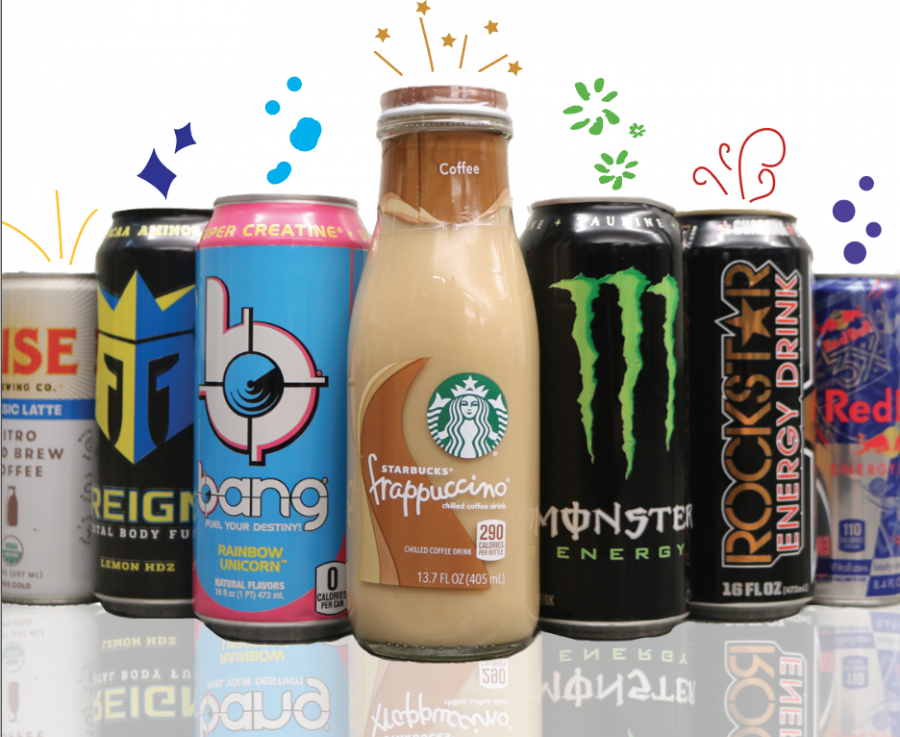Some Ideas on Caffeine Addiction And Abuse - Addiction Center You Should Know


Experts Identify 9 Clinical Signs of Caffeine Addiction - Physician Sense
Some Known Incorrect Statements About Caffeine Addiction - List of High Impact Articles - PPts - Journals
Signs can last approximately 9 days. Although some specialists believe routine usage of Caffeine is considered more of a routine than an addiction, the fact that it shares significant symptoms with other addicting compounds has actually resulted in further research. One report discovered that a considerable quantity of users establish symptoms typically used by clinicians to identify dependency, such as: Continued use despite damage A persistent desire, without successful efforts, to control usage Withdrawal signs when abstaining No longer getting involved in formerly delighted in activities Act & empower yourself Call now to be connected to a compassionate treatment company.

Talk Therapy' Could Help With Caffeine Addiction - The Fix
Particular people need to totally prevent the substance as it can aggravate anxiety, exacerbate sleeping disorders, and cause heart problems. The risk of dependency, like with any substance, is impacted by many elements and can differ from person to individual. If an individual has trouble limiting their Caffeine intake, or experiences withdrawal symptoms, they are more than likely dependent and need to speak with their doctor about cutting down on use or removing usage completely.


5 Tips to Conquer a Caffeine Addiction Once and For All
What are you dealing with? There are several forms of dependency. Get the details you need to help you overcome yours. right.
A Biased View of Caffeine Withdrawal: Symptoms, Timeline, & Treatment
Studies recommend that people in recovery from a substance usage disorder drink a great deal of coffee. One research study found that while about 64 percent of Americans drink coffee every day, about 89 percent of people in healing drink coffee every day. That's a substantial difference. For a lot of people, a cup or two of coffee in the early morning does not do any damage and studies suggest there are even some mild health advantages to moderate coffee intake.
There are a variety of factors for this. One is that caffeine can make you anxious and tense and raise your heart rate and blood pressure. People beginning in healing often feel anxious or irritable, sometimes for months, as their brain chemistry rebalances. It's common, specifically amongst individuals recovering from alcohol, opioid, and benzodiazepine utilize to have low levels of the inhibitory neurotransmitter GABA, and this makes it tough to unwind.
Numerous people with compound usage disorders likewise have co-occurring anxiety disorders, such as generalized stress and anxiety condition, social anxiety disorder, or trauma. When you're attempting to get an anxiety condition under control, drinking several cups of a main anxious system stimulant isn't very helpful. Lastly, A Reliable Source may get worse sleeping disorders.
